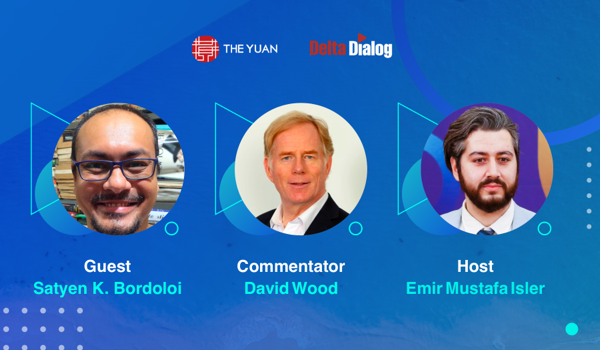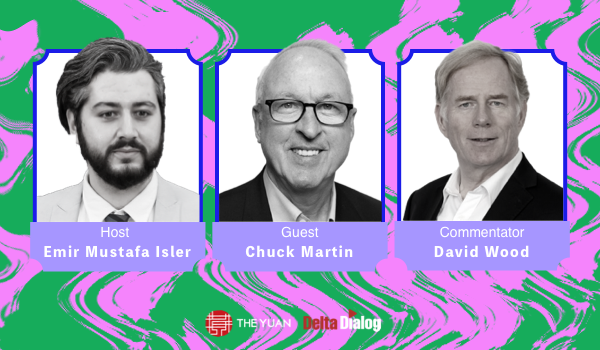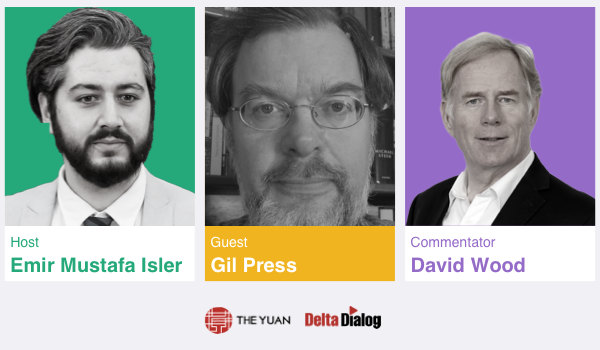
MUMBAI - The transition from comparing artificial intelligence's intelligence to an abacus to considering the possibility of a technological singularity has been nothing short of astonishing in the quickly developing field of artificial intelligence. Satyen Bordoloi, a scriptwriter and technology columnist, embarked on this very exploration. In one of his articles on the Yuan, Bordoloi drew a parallel between the perceived capabilities of AI and the ancient abacus, an ingeniously simple tool for calculation. This analogy seemed appropriate given that AI is still in its infancy and has similar early constraints to the abacus.
Today, as AI approaches a potential singularity, it has advanced past the boundaries of its infancy, just like the abacus did over centuries as it evolved into an advanced calculating device. The development of AI has grown exponentially as a result of innovations like OpenAI's ChatGPT and the ongoing development of neural networks. The formerly basic abacus metaphor now emphasizes AI's ability to analyze enormous datasets, identify subtle patterns, and have conversations that are comparable to those between humans.
Tech companies and creators are crucial in determining the direction of AI through fostering innovation, developing moral guidelines, and assuring ethical progress. Their choices have the ability to either improve our lives or give rise to ethical questions regarding how AI technologies are integrated into a variety of societal functions, such as communication and healthcare. These organizations may direct AI toward beneficial outcomes while reducing risks and unexpected effects by promoting openness, accountability, and the consideration of social impact.
Similar to how an abacus evolved over time into sophisticated technology, AI has traveled a long and winding road. From limited abilities, AI has grown immensely thanks to advancements like ChatGPT and more powerful computers. This growth is exciting, but it also means we need to be cautious and plan carefully. The way forward involves thinking about how to make sure AI benefits everyone and doesn't cause harm. This ongoing story of AI's progress reminds us that the future of AI depends on responsible development and a clear understanding of its impact on the world around us.
What’s in it for me? / Why should I care?
In a world where AI's influence extends to areas like healthcare, education, and communication, understanding these topics allows individuals to make informed choices about adopting AI-driven products or services. It also enables them to participate in conversations about regulations and policies that govern AI technologies, ensuring that AI aligns with their values and societal goals. Ultimately, staying informed about AI's evolution and ethical dimensions equips regular individuals to actively shape the future by advocating for responsible AI development and deployment, promoting a positive and inclusive technological landscape.
Further Reading:- AI will never outwit humans because it is no ‘smarter’ than an abacus is
- Cognitive Computing, the Final Frontier in Full Adoption of Medical AI
- Poorer Nations Can Benefit Medical AI Companies





 443 views
443 views







